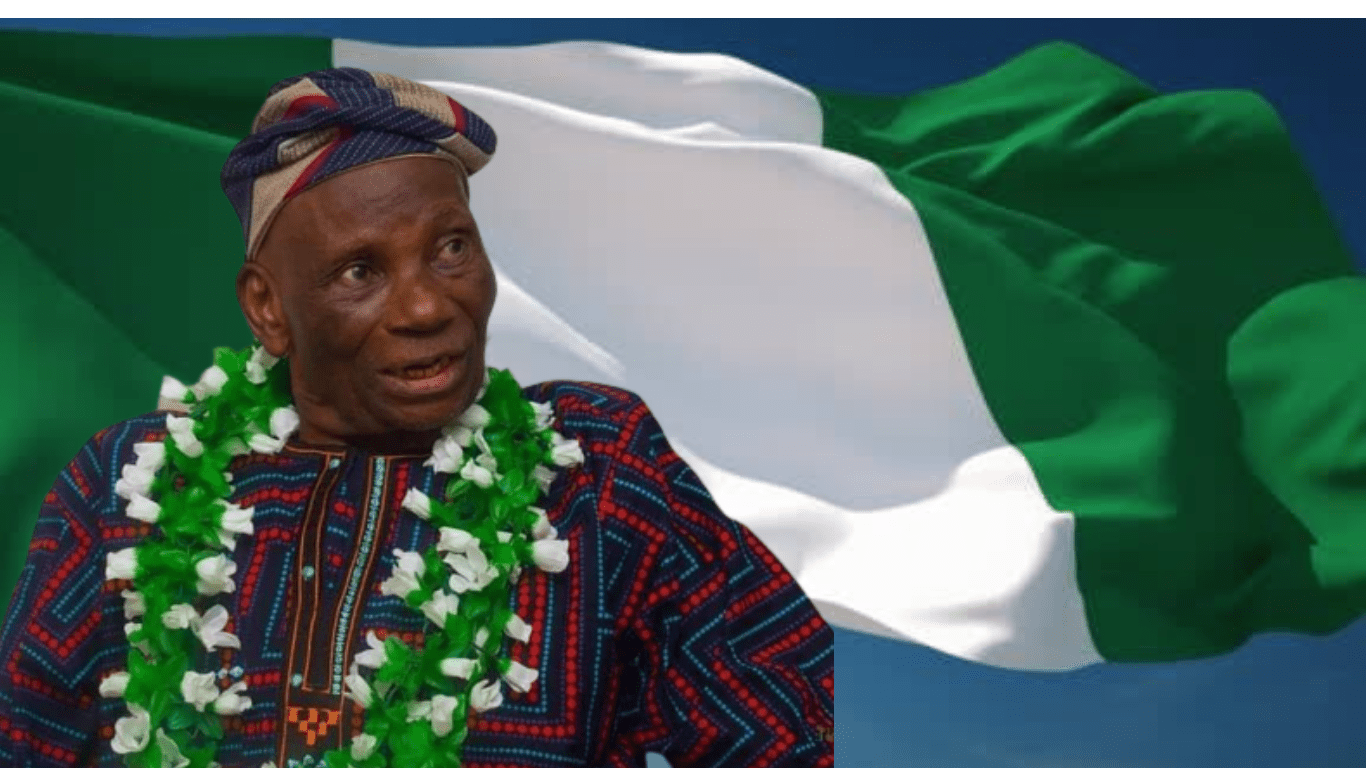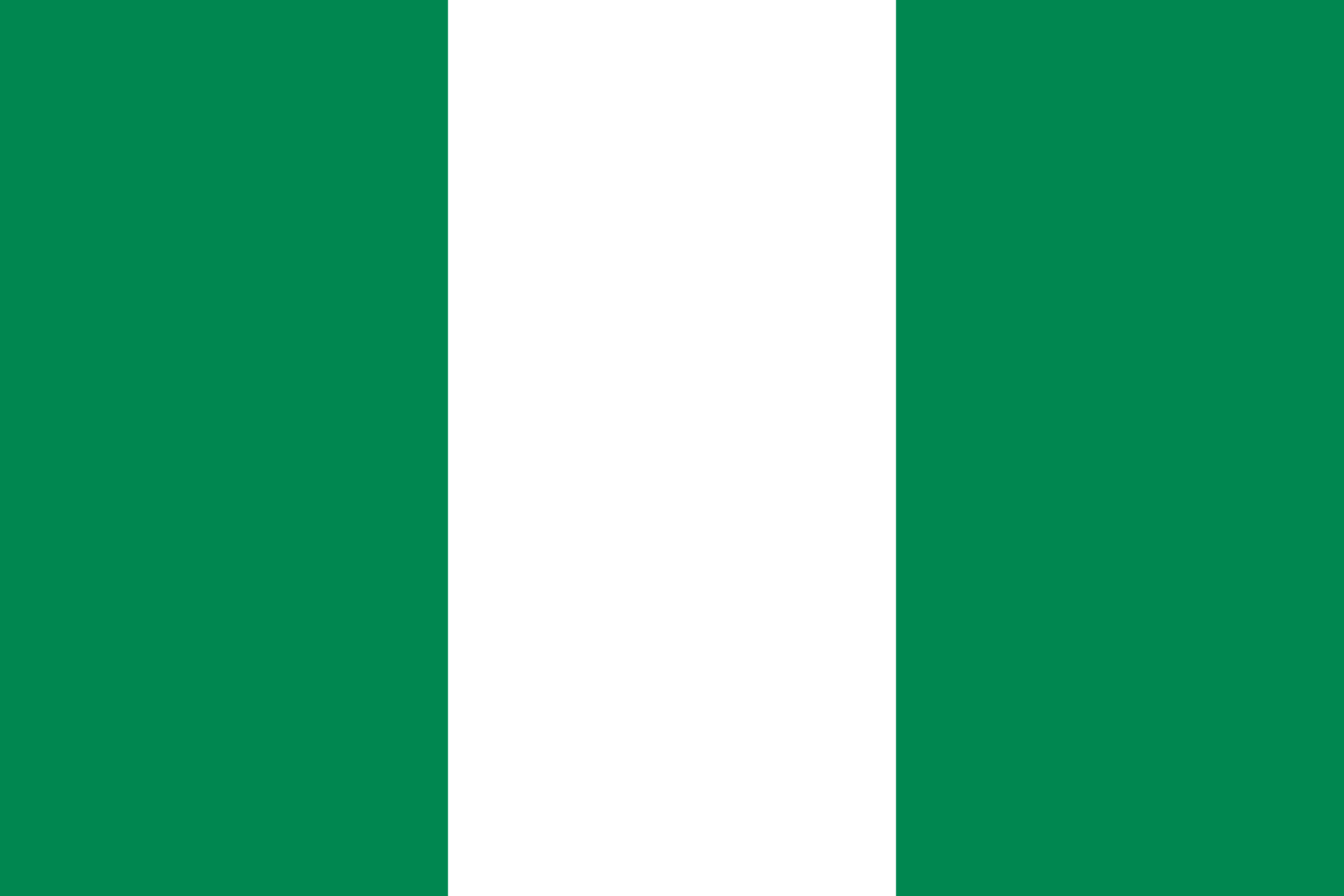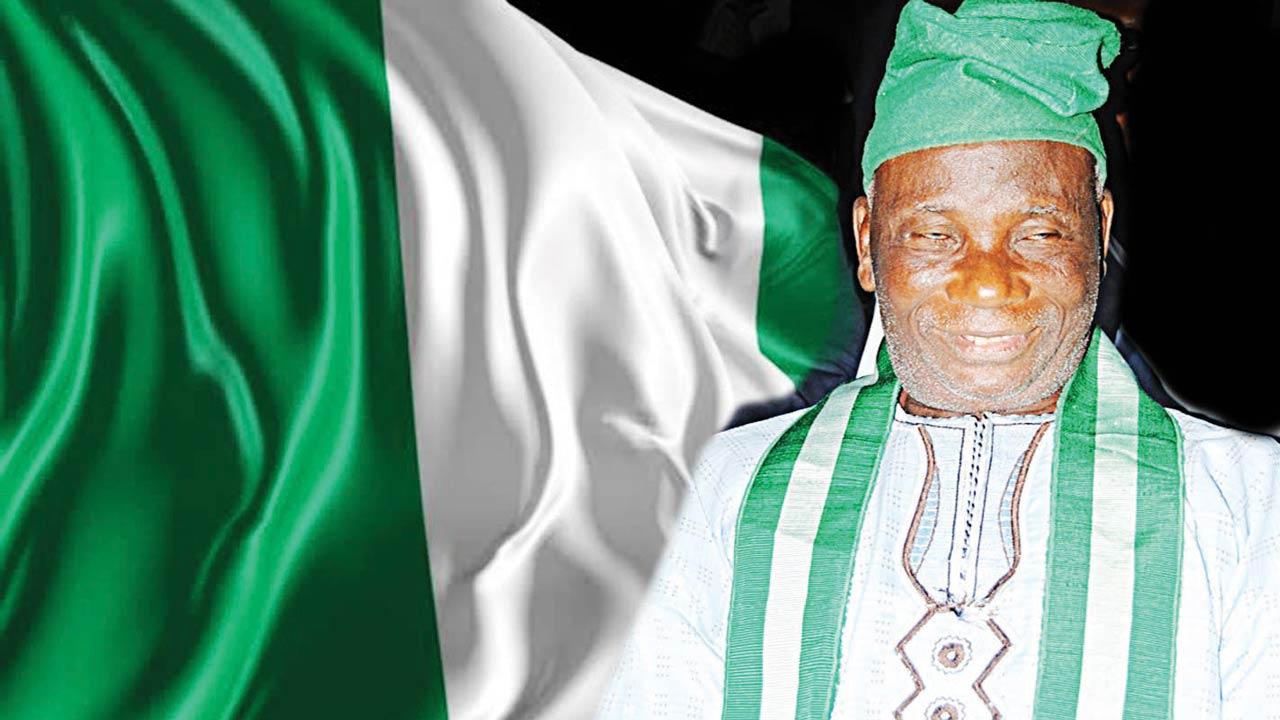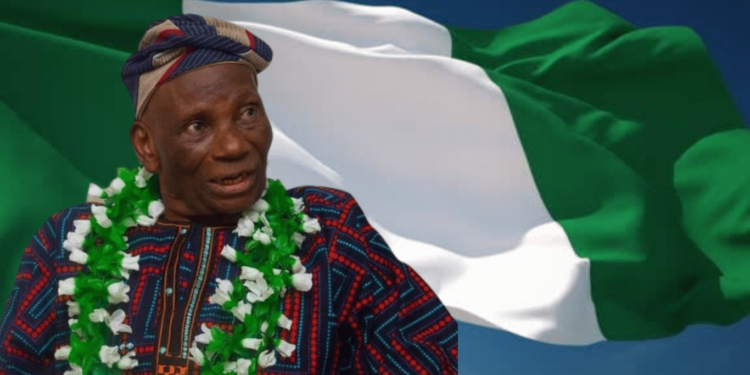Have you ever wondered about who designed the iconic green and white Nigerian flag? You’ve seen it waving proudly outside embassies, at sporting events, and on national holidays. It’s a symbol of Nigerian unity, culture, and history. But do you know who designed the Nigerian flag?
In this article, you will get to know about the person who designed the Nigerian flag and the story behind it.
Who Designed the Nigerian Flag?

A flag is a piece of cloth that can be affixed to a pole and is used as a sign, signal, or symbol of something, most notably a country. A National flag represents the identity and history of a country.
The history of the Nigerian flag dates back to 1959, when Nigeria was on the verge of gaining independence from British Rule. The current Nigerian flag was designed in 1959 by Michael Taiwo Akinkunmi, a 23-year-old student at the time. In 1959, Akinkunmi saw an advertisement in a newspaper asking Nigerians to enter a competition to design the Nigerian flag.
Akinkunmi entered the competition and submitted a design along with about 3,000 others. Akinkunmi’s design was chosen and officially became Nigeria’s flag on October 1st, 1960, replacing the British Blue Ensign. The selection committee was impressed with the simplicity and originality of his design.
Image of the Nigerian Flag

The Nigerian flag is a three-line flag with green lines on the sides and white in the middle. The flag’s design is simple yet meaningful, representing an important national symbol that continues to inspire patriotism and unity.
Symbolism of the Colors and Symbols on the Flag
The green color on the Nigerian flag represents the country’s wealth and rich natural resources. The white color signifies peace and unity.
The flag was adopted on October 1, 1960, the day Nigeria gained independence from the British Empire. It has become a source of pride for all Nigerians and represents the shared history, culture, and aspirations of this diverse country. The flag is an important national symbol displayed during celebrations, parades and government buildings across Nigeria.
Biography of Michael Taiwo Akinkunmi: The Man Who Designed the Nigerian Flag

Michael Taiwo Akinkunmi OFR was born in Ibadan, Oyo State, Nigeria in May, 1936. He was commonly referred to as Mr. Flag Man.
Akinkunmi lived with his father till he was eight years old before moving to Northern Nigeria. He began his schooling in the north. After his father retired, he returned to the West and was re-enrolled at Baptist Day School, Idi-Ikan, in Ibadan. He graduated from Baptist Day School Idi-kan in 1949 and went on to Ibadan Grammar School (IGS) in 1950.
In 1955, Akinkunmi left IGS to work as a civil servant as an agriculturist in the Western Region Secretariat in Ibadan. He labored for a few years before enrolling in the Norwood Technical College, now known as Lambeth College, in London, where he studied electrical engineering. He designed the Nigerian flag while studying there; for designing the Nigerian flag, Akinkunmi received £100 as a prize. Though the prize money was small, the prestige was huge. Akinkunmi became a national figure for his work.
Akinkunmi returned to Nigeria in 1963 and resumed his work in the agricultural department at the secretariat in Ibadan, where he had left off. He was a public servant until 1994 when he was employed as Assistant Superintendent of Agriculture.
On September 29, 1994, he was appointed an Officer of the Order of the Federal Republic (OFR) and honorary life presidential adviser at the Abuja Conference Centre. In 2014, the Nigerian government honored Akinkunmi with an award of excellence and lifetime achievement for designing the Nigerian flag.
Akinkunmi died on the 29th of August, 2023, at the age of 87, after a brief illness. He had a wife and children. Michael Taiwo Akinkunmi will always be remembered as the man who designed Nigeria’s national flag.
Frequently Asked Questions
Here are some of the most frequently asked questions about the Nigerian flag.
How much was paid to the person who designed the Nigerian flag?
The Nigerian flag was designed in 1959 by Michael Taiwo Akinkunmi, a 23-year-old student at the time. Akinkunmi was paid £100 (equivalent to 100,823 naira today) for his winning design.
What was the name of the flag of Nigeria before independence?
Before gaining independence in 1960, Nigeria was a British colony and used the British Blue Ensign flag. It featured a green six-pointed star, which was described as the Seal of Solomon, surrounding a Tudor Crown. It was later changed to a St Edward’s Crown in 1953 with the white word “Nigeria” under it on a red disc.
What year was the current Nigerian flag adopted?
Nigeria adopted its current national flag on October 1, 1960, the same day the country became an independent republic. The flag has remained unchanged since it was first adopted.
Why was it important for Nigeria to adopt its own flag?
Gaining a unique national flag was an important step for Nigeria in establishing itself as an independent nation, separate from British rule. The flag is a source of national pride for Nigerians.
How many colors are in the Nigerian flag?
The Nigerian flag is primarily made up of two colors, green and white.
What does the green and white stand for in the Nigeria flag?
The green band represents Nigeria’s wealth and rich natural resources, while the white band represents unity and peace.
Which country has a similar flag to Nigeria?
The flag of Norfolk Island is similar to the flag of Nigeria. It is a triband consisting of green, white, and green bands charged with a green Norfolk Island pine in the centre.
Does the Nigerian flag have any other nicknames?
The Nigerian flag is sometimes referred to as the “green, white green” for its colour scheme. It does not have any other well-known nicknames.
Conclusion
So there you have it, the story of how the Nigerian flag came to be. A 23-year-old student seized an opportunity and created a design that captured the spirit of a newly independent nation.
Michael Taiwo Akinkunmi’s vision lives on today, fluttering in the breeze outside homes and government buildings across Nigeria. The next time you see the flag wave, take a second to appreciate the young man who helped define the visual identity of Africa’s most populous country.


Discussion about this post